I just returned from our state conference in Flagstaff, AZ. If you are not familiar with northern AZ, it’s where the rest of the state goes to visit when it’s too hot. Arizona is quite an amazing state because you can go from 115 degree weather in the middle of the summer in Phoenix and drive just a couple hours where it’s mid 70’s and 80’s. In the winter, you can even go skiing or sledding if you like that sort of thing!
I wanted to share some notes of the sessions I was able to attend. Our theme this year was Tradition and Innovation. I decided to go ahead and break up my blog posts into two parts.
Soaring Over Sedona
By Carol Matz
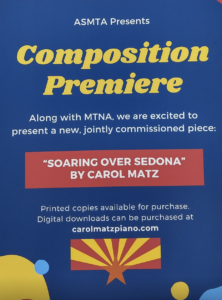
ASMTA had commissioned a piece, Soaring Over Sedona by Carol Matz. Carol was unable to attend the conference, but shared that her inspiration of this piece came from a sunrise hot air balloon ride and a ride in a biplane over the Sedona area several years ago. I recorded this performance below by NAU grad, Alexis Barton at the conference premiere. It is a beautiful piece as you will hear!
You can purchase Soaring Over Sedona on Carol’s website below…
Motivation in Piano Study and Performance
By Jane Magrath
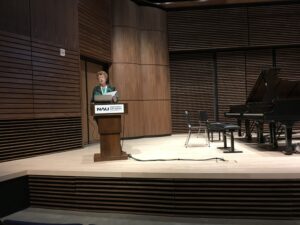
Jane Mcgrath kicked off the conference with the topic, Motivation in Piano Study and Performance. Here are some key points from her presentation…
Competency and Motivation
Nothing motivates children more than competence. Feeling competent is almost as important as competence itself. They need to feel good about what they are doing. They do more when they believe they do well.
Things that can motivate-
- Performance events
- Playing with someone else
- Accompanying
Mindsets
Believing talent is fixed can damage a students motivation to practice or to learn.
Provide access to resources. Help them build their libraries. Let the student choose what music they want to learn or sight-read.
Competition can interfere with the learning process.
- Interact through empathy instead of sympathy.
- Address problem and put yourself in the students situation. Ask what they think affected their performance?
“In a growth mindset, challenges are exciting rather than threatening. So rather than thinking, oh, I’m going to reveal my weaknesses, you say, wow, here’s a chance to grow.” Carol Deck
One of the basic principles of strong teaching is following the child’s need. Recognize effort, not achievement. One must fail, to grow.
5 important points for praise…
- Authentic praise- name what happened
- Timely praise- immediate
- Specific praise- point out
- Clean praise- cannot include the word “but”
- Praise in private- more personal and special (don’t want to embarrass or have comparison among peers)
Why should we not praise talent? Students may think they don’t need to put in the effort. Then if they needto put in effort, they think they are dumb and give up. Students tend to become perfectionists because moderate isn’t enough.
Too much praise? Low perseverance. Failure depresses easily. Too much of everything gets old.
Beginners are praised a lot at the beginning, be careful when they get to harder things they may be doing it for the praise and not the growth…
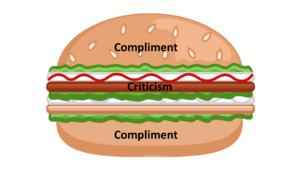
Giving Feedback
Examples of what you can say…
You seem to really enjoy learning
Your tenacity is doing xxx paid off by…
I noticed your hard work in practicing…
In preparing for this, your practice routine seemed to work. I’m proud of you for figuring it out.
Remember when you did… and it worked, let’s try…
It sounds like you worked doing xxx, is that the case? Hwo did you practice?
What are the 3 biggest things that helped this turn out like this?
I noticed…
You seemed to make an effort…
Sounds like you enjoyed this…
On a more personal note, Carol Dweck (see quote above) was a big inspiration to me when I was studying more on engaged learning and how the brain works in regards to learning. That ultimately led to my release to the online course, Activate the Brain, Engaged Learning Strategies that Work! This is a subject that is not only fascinating to me but also very insightful.
Work, Play, Joy
By Dr. Robert Duke
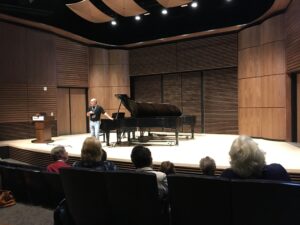
Dr. Robert Duke was fun to listen to and had A LOT of what I’m calling “musical gems” to keep us thinking. Here are some of those gems that stood out in his first session…
Students who looked at the teacher over and over again while they are playing are the ones who are most likely to quit lessons. (I thought this was very interesting, do you find that to be true?)
Thoughtful intentionality– Before you start to play, can you just be quiet/still for a moment and think… and then play. What we are learning, needs to be encoded in ordered to be stored in our brain and in order to retrieve.
We need to practice getting it out more. Errors are good! Error making is what signals your brain of your former memory. The attempt of retrieval and mistakes are going to help remember. Mistake making is an inherent part of making memories.
Error making, teaches. A favorite game of his is angry birds. Angry birds doesn’t have a lot of instructions, you must try and make lots of errors in order to learn how to succeed in the game.
While learning with errors, always apply “even time, even tone.”
When would motivate a brain to extend the memory to make an existing memory? The learning will start after you have a conversation with someone on the subject or doing something in regards to it.
The judgement part of the brain matures last. The brain doesn’t fully mature until the mid-20’s.
What comes first? Expression or working out the “machinery”? Expression is in children, naturally. It’s intuitive. How do we keep from screwing it up? How do we get it out of them?
When students are confused our tendency is to help clarify. But the problem is the student doesn’t learn anything. Let them take the time to try figuring it out for themselves. You can guide, but don’t give all.
Students don’t work any harder than they think they need to. What would motivate the brain to say, “keep that!” Competence without comprehension. They need to understand the things they do.What do you want to instill in a learner to repeat their understanding?
From the beginning students should be careful and thoughtful about what they are doing. Everyday create something beautiful.
Practice makes better. Practice makes worse. Practice does nothing at all.
By Dr. Robert Duke
His second session was full of more “musical gems!”
Personal accomplishment is a motivator. Create goals that allows for personal accomplishment. Strategically placed goals that propels the learner to the next goal. Break up into meaningful little goals so they are achievable.
There is no more meaningful activity where the child can put in an effort and come back to that effort, then music. Students need to listen to high quality of music. When they are immersed in a language they will be more expressive with their music.
Hope is not a constructional strategy. If you want your students to do something, then teach them to do THAT.
- Declarative memory- stuff that happens to us
- Procedural memory- how to do things.
2 features critical to learning experience-
- Clear goal
- All the attempts are fraught with error making
If you have a clear prediction of what you want to happen or what is supposed to happen, then more valuable it will be.
“Music plays easier when you practice it how it goes.” Amy Simmons
Do it again, but do it better.
Most of us don’t put in 100%. To prove it, he had us raise our arms as high as we could. He repeated this instruction several times and then said, “okay now, put it up higher”…. everyone did. Such a simple example but very impactful!
You learn when you talk, get students to talk.
One of the goals to become a good practicer is to become a good listener.
What kinds of small goals can we set for learners where they feel like they nailed it?
We can make a lot of things better or make one little thing great. The motivator is to make that one little thing great. Make a lot of things better. You are there to help them where to focus their attention.
The science behind what you do for children
By Karin Hallberg, Ph.D
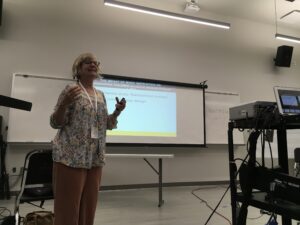
Musicians are better in these 3 areas:
- Working memory efficiency
- Increased visual-spatial processing
- Enhancement of executive functions
Working memory and visual correlates with novel, reading tasks, verbal memory, language and arithmetic.
Working memory is a system that unions our capacity to keep things in mind when performing complex tasks. Your “thinking” brain. Working memory operates over a few seconds, temporary storage, manipulates info, focuses attention.
If you are fatigued, it’s not going to work very well.
Chunks are better with working memory. Better recall. What do you want to teach them in the first 30 seconds? Do that first or you lost them.
Typically you can see 4 parts in your mind. We typically can only handle 7 chunks of information at once.
Example: using words for rhythm
1 e & a 2 & = 6 chunks vs. ‘Arizona Cactus”= 2 chunks
Visual-spatial processing. Can you get around in the dark in your room? Or can you count your light switches in your room?
Selective and controlled attention- ie: a certain piece begins, they hear the piece and now they can get their violin ready.
Goal-directed behavior- ie: hearing a scale means stand up.
Musicians are better at:
- Memorizing music
- Distributed practice
- Problem solving
- Performance behaviors (adjusting to performance environment)
- Controlled attention
Can measure:
- Verbal memory
- Math
- Reading
- Comprehension
- Self-regulation
Early music training can impact:
- Spatial abilities
- Verbal abilities
- Executive functions
Read ASMTA Conference Sessions: Tradition and Innovation Part 2 Next!
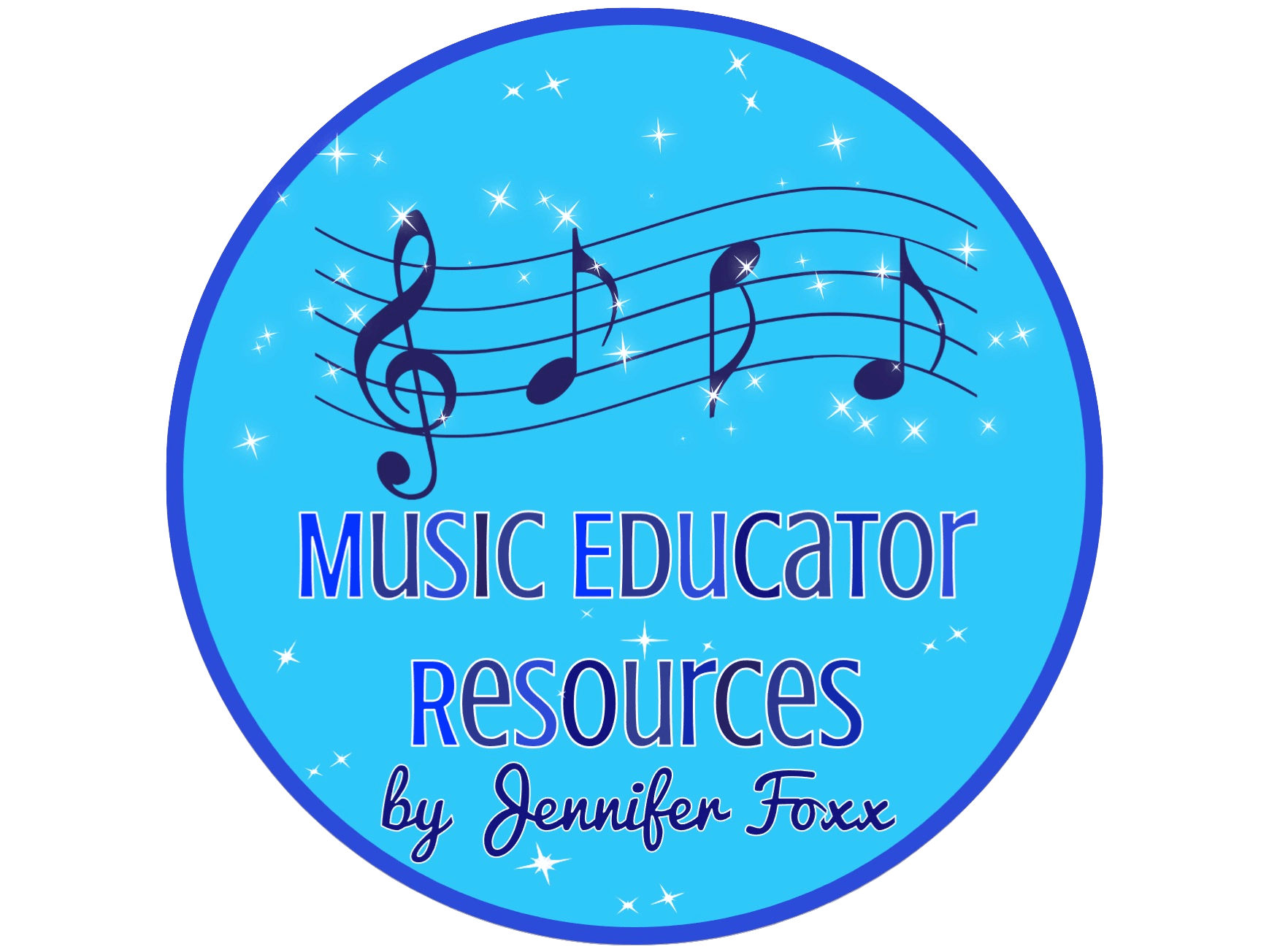
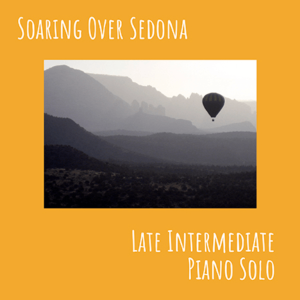
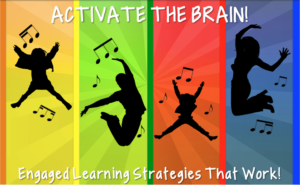
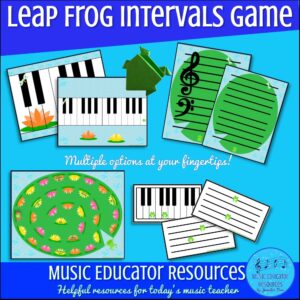
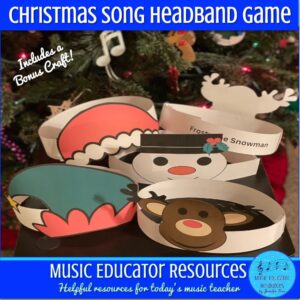
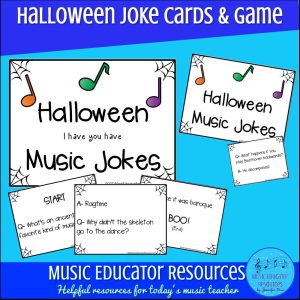
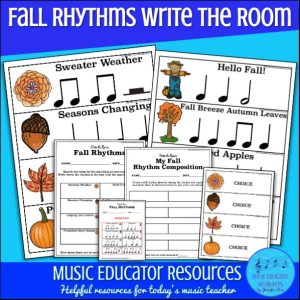
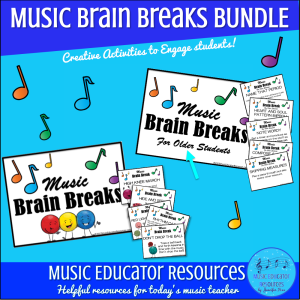
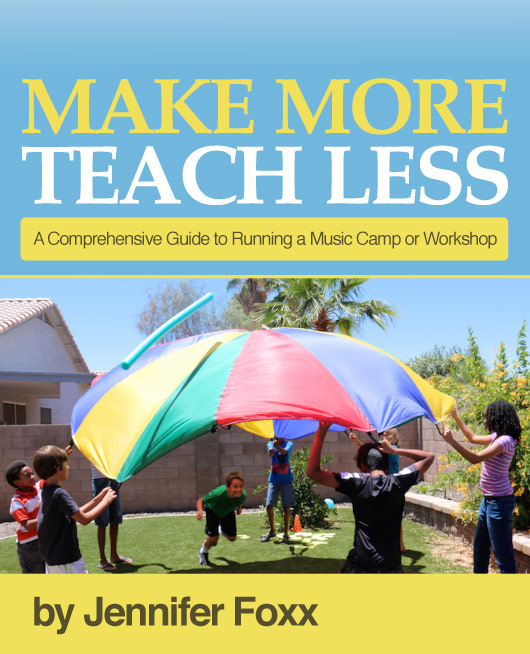
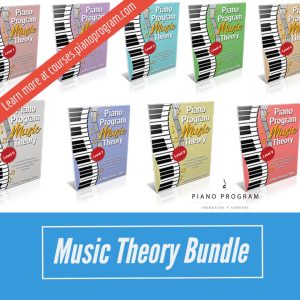
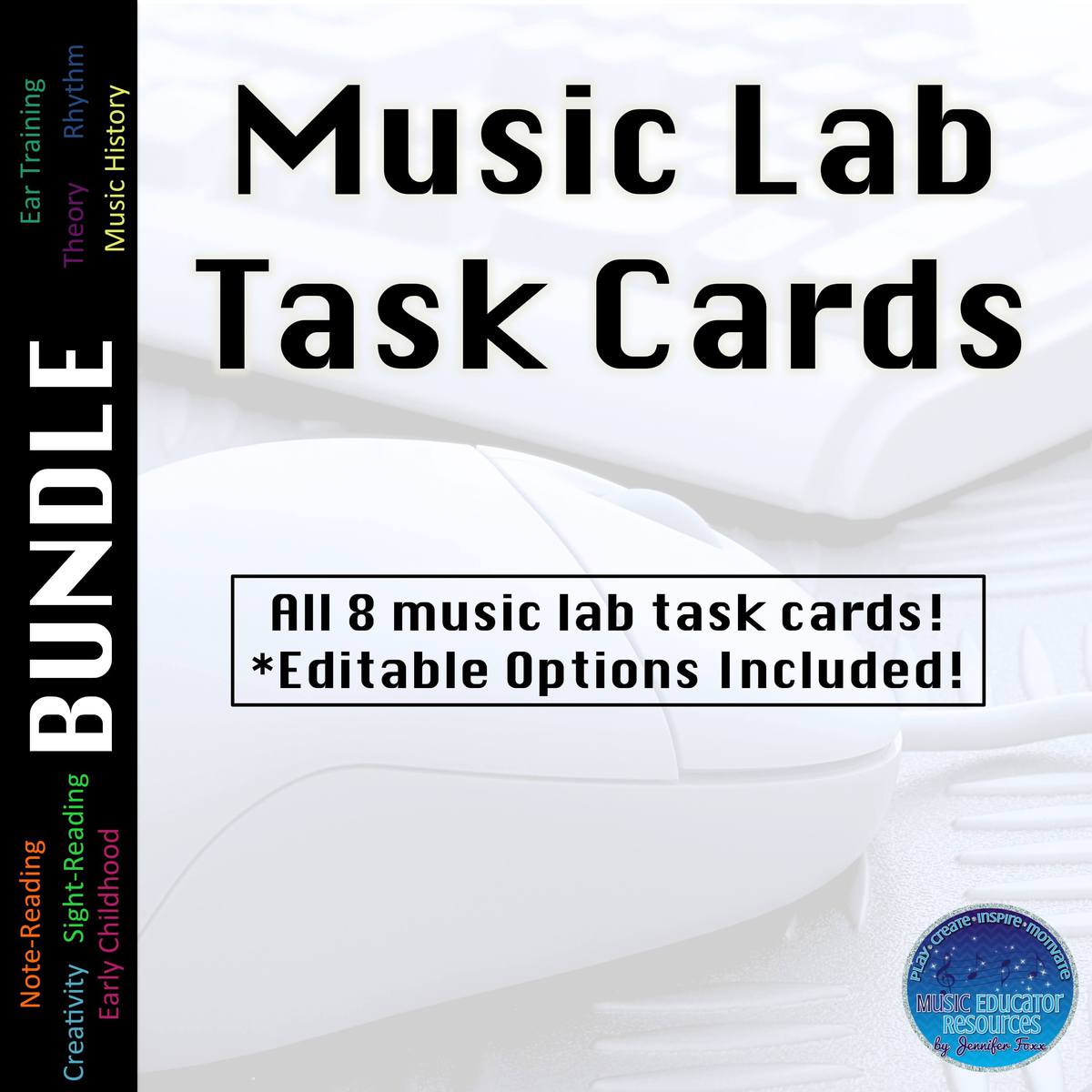
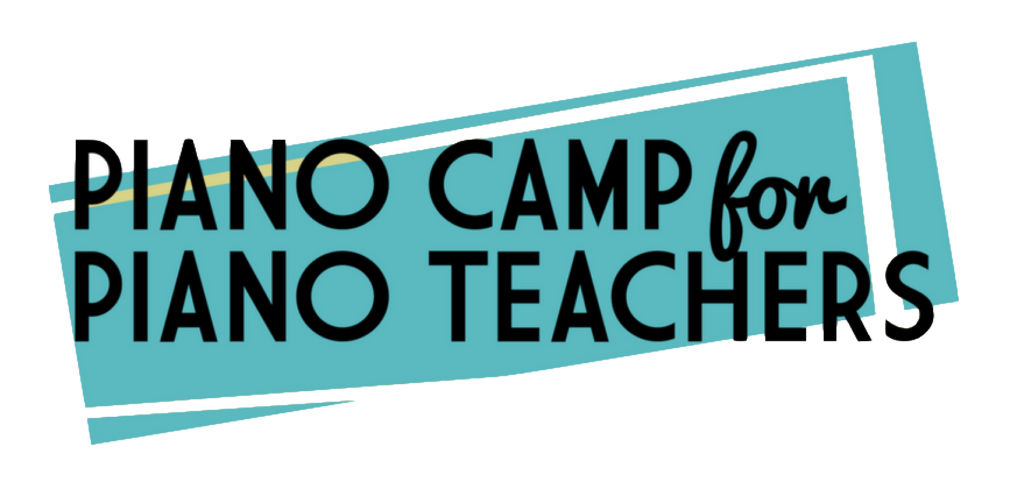
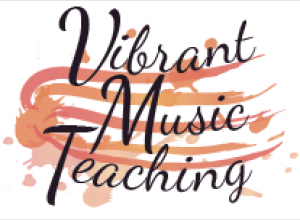

0 Comments